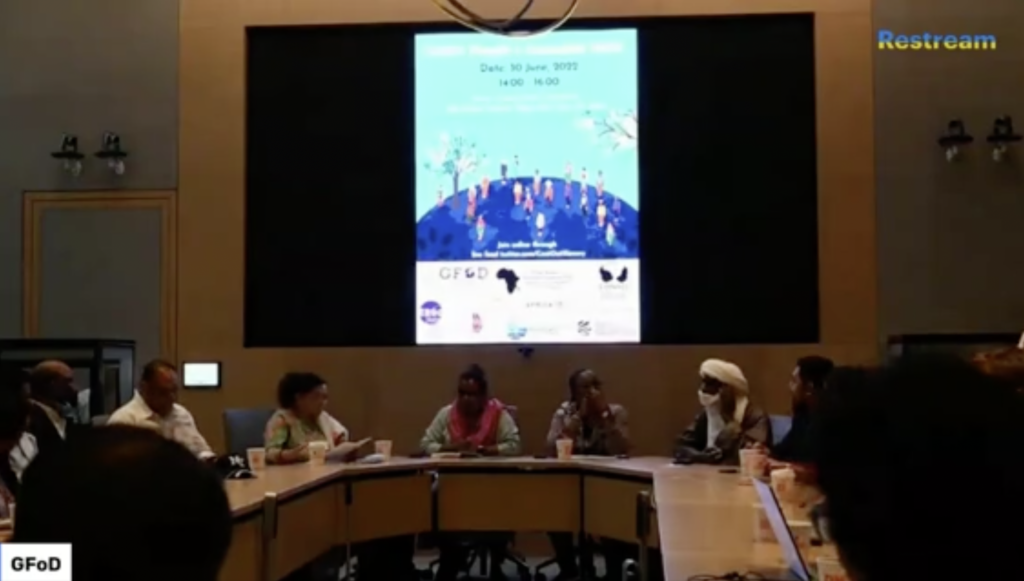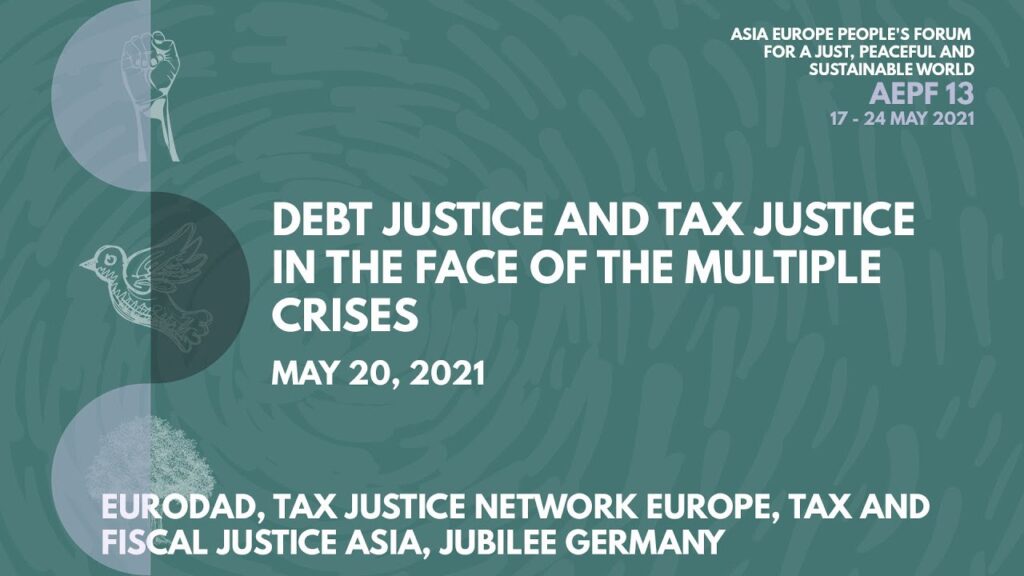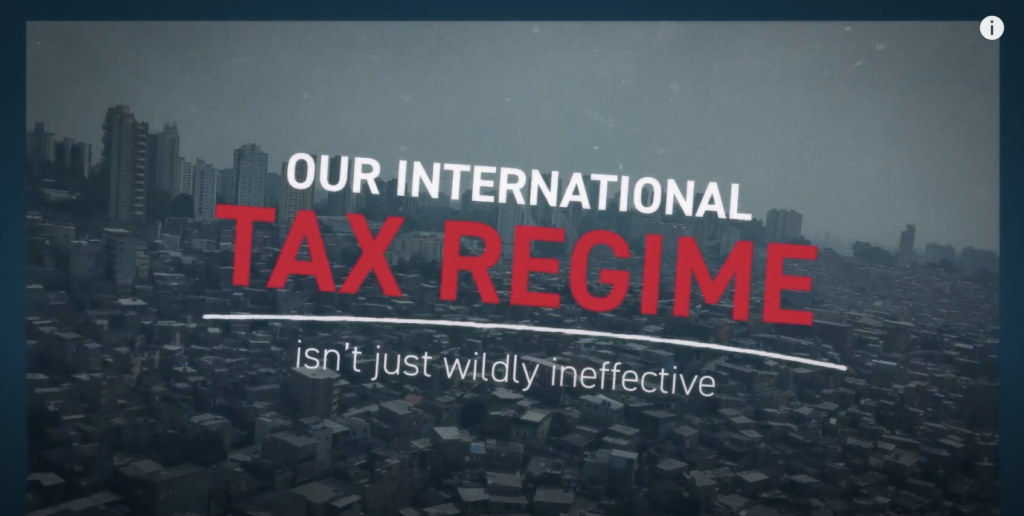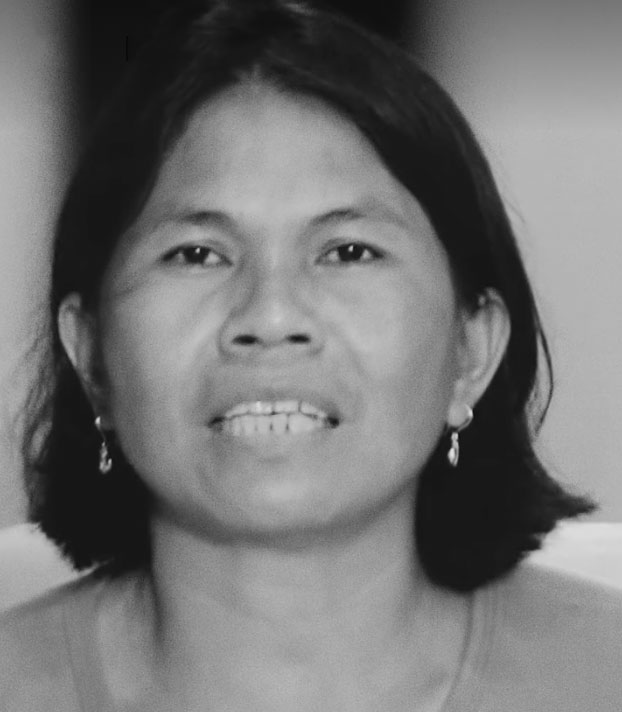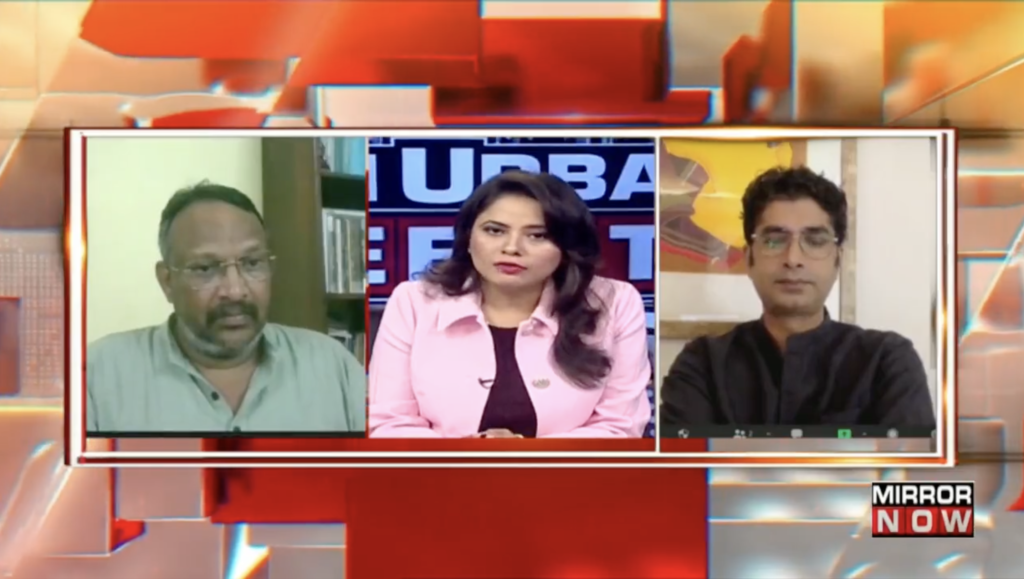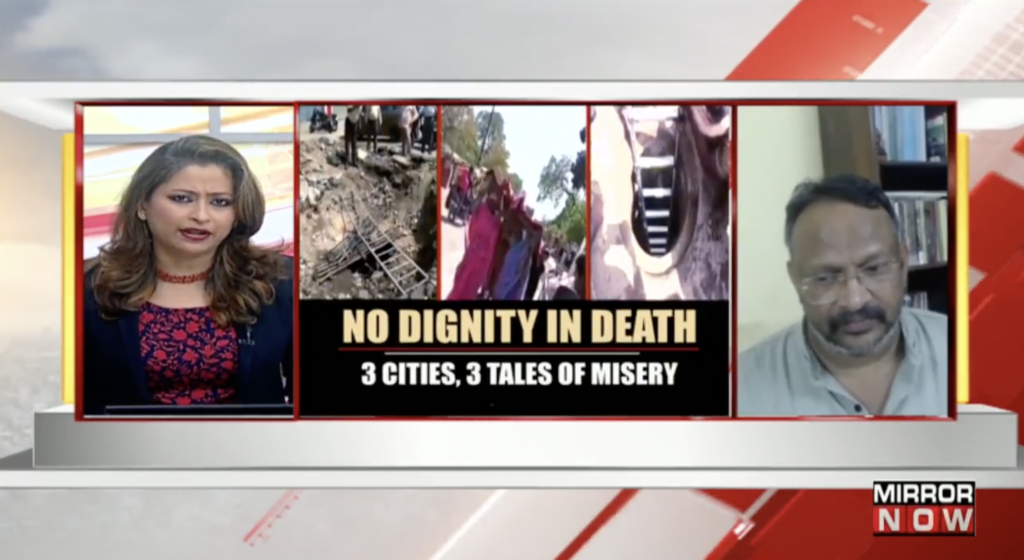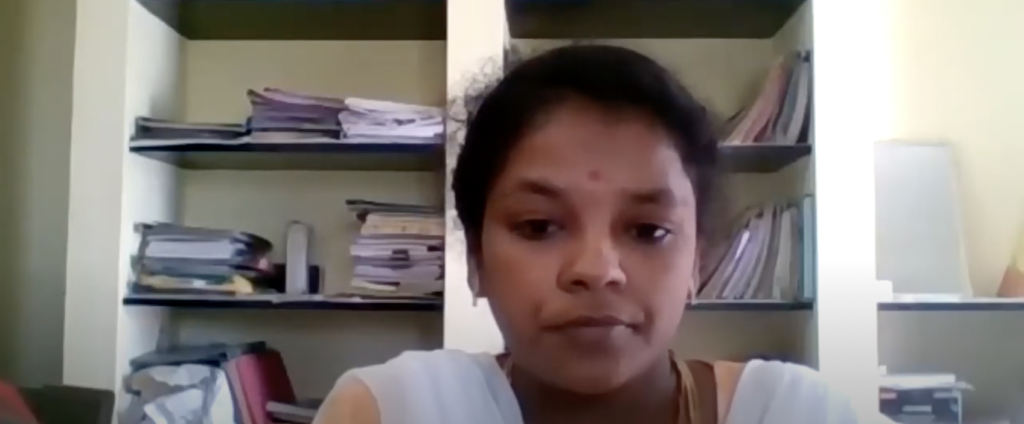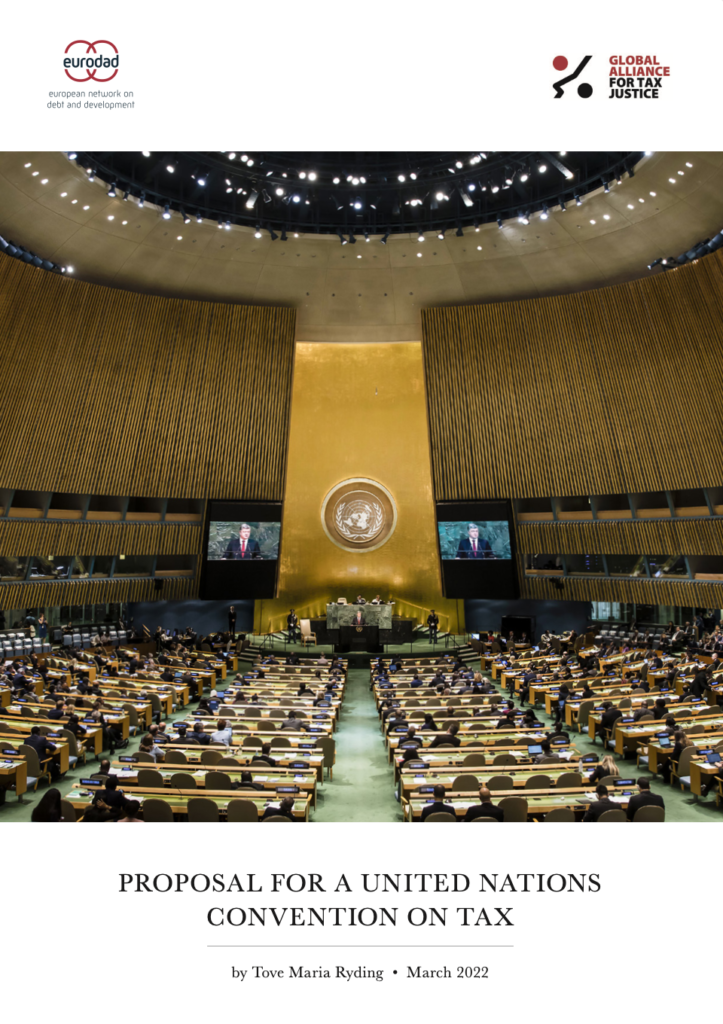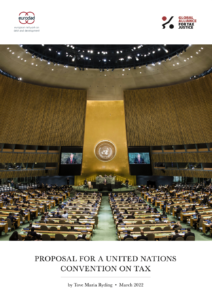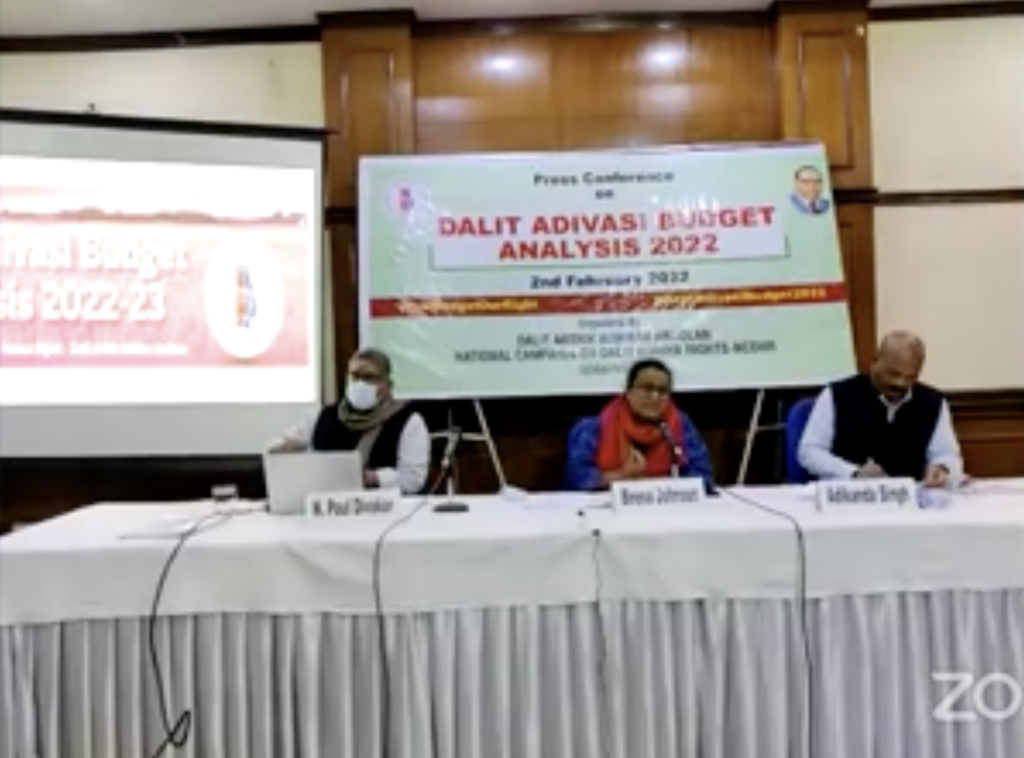The year 2021 has been a challenging year where hundreds of citizens lost their lives while the country’s health care system succumbed to Covid-19’s second wave. India was gasping for oxygen amidst an out of control unavailability and a crisis of health care facilities. Patients died outside hospitals waiting for beds if at all they had the opportunity to reach there before they lost their battles to Covid-19. However, amidst the global pandemic, while even the most socio-economically privileged section was struggling, how did Dalits and Adivasis manage to support their livelihood and survival?
In Dalit and Adivasi households, especially in villages, the infrastructure required for proper isolation is a luxury. In several states, the isolation camps set up by the government were made inaccessible to Dalits and Adivasis as the dominant castes did not want to share a common space with them, highlighting the broadened caste divide. The hospital bed charges were record high and the poor marginalised communities could not even imagine getting one. Even having access to sanitiser and masks was a distant reality. This is one of the countless forms of discrimination faced by marginalised communities during the pandemic. The crematorium workers, sanitation workers and frontline workers worked ten times more and still were thrown pennies at.
Against this background, the Finance Minister presented the Union Budget 2022 which was expected to take some of these concerns on hand, but it was rather a lack lustre budget. The total allocation for SCs under the Allocation of the Welfare of the SCs (AWSC) is Rs. 1,42,342 Crs and for STs under the Allocation of the Welfare of the STs (AWST) is Rs. 89,265 Crs. The budget revealed the deficiencies in their policies and lack of political commitment to uplift the Dalit and Adivasi communities. When one looks at the quantum and quality of schemes, there is not a single innovative scheme to address the pandemic and the impact of this on the communities.
Read the full version
